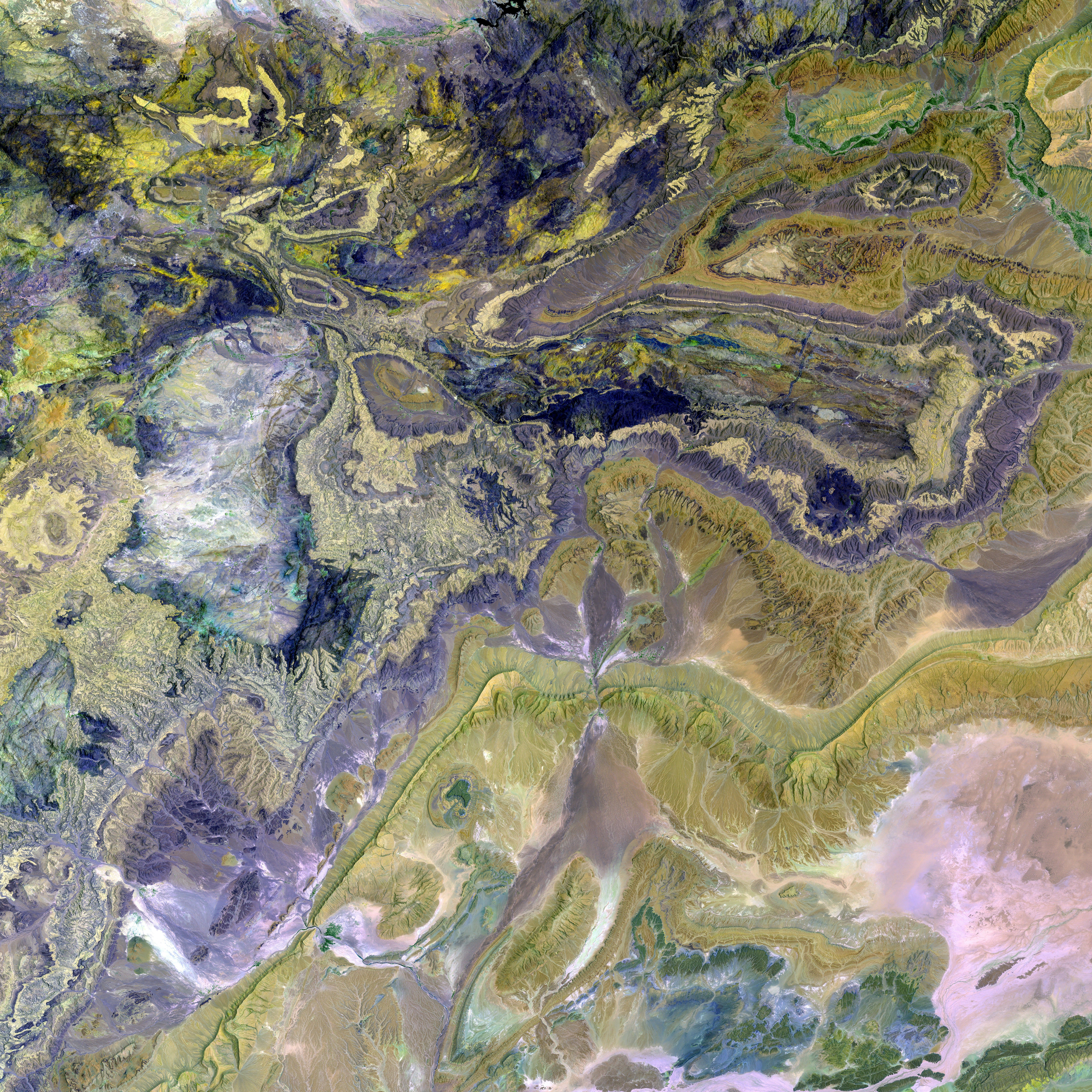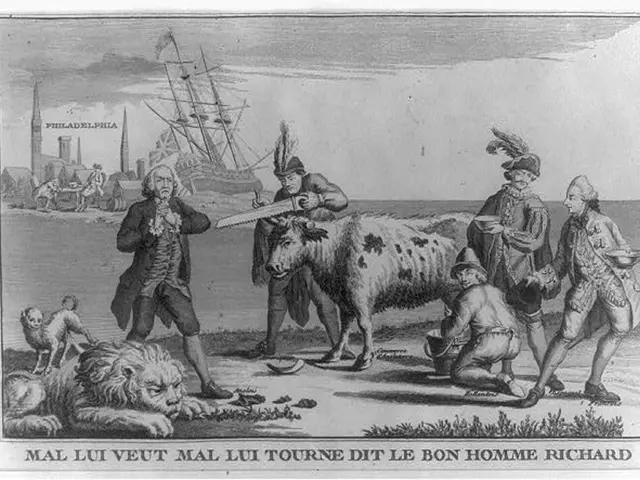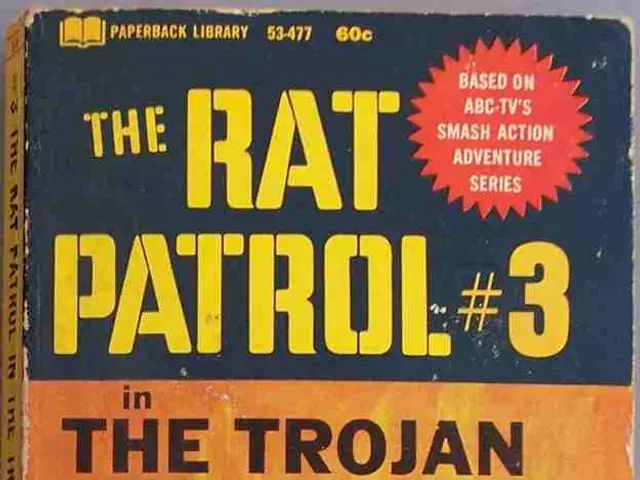Protestors in large numbers take to the streets of Romania, expressing their endorsement for the European Union, prior to the presidential election run-off.
A Bold Stand in Romania: The EU, Economy, and NATO on the Line
George Simion, a charismatic 38-year-old hard-right nationalist, is gearing up for a run-off election in Romania that could reshape the country's future. His presidency could spotlight Romania's EU membership, economic stability, and alliances with NATO, reflecting his pro-nation stance as the leader of the far-right Alliance for the Union of Romanians (AUR) party.
A Europe of Nations
Simion, unlike a traditional eurosceptic, identifies as a "Euro-realist." He favors a model of the EU that highlights national sovereignty over deeper integration[1]. His skepticism toward some EU policies, particularly regarding Ukraine, is rooted in concerns about promoting and protecting the rights of the Romanian minority in Ukraine. Yet, his opposition to the EU isn't absolute, as he advocates for reforms that respect national interests within the EU framework[1].
The Romanian Economic Frontier
While specific economic policies under Simion's leadership are less defined, his nationalist and populist platform may lean toward economic sovereignty and protectionist measures that may clash with EU economic regulations and financial frameworks. This aligns with his association with far-right politics, raising uncertainty for investors and trade partners, thereby potentially hampering investment and economic growth[2].
NATO Alliances and Beyond
Simion is not anti-NATO; instead, he distances himself from pro-Russian ultranationalists and combats Russian propaganda[1]. However, his criticism of NATO policies, specifically support for Ukraine, prioritizes Romania’s national interests, potentially causing a divide within NATO's unified stance[1]. Moreover, his alliance with controversial figures like Calin Georgescu, who opposes Ukraine, NATO, and the EU, could undermine Romania's NATO commitments and create internal political instability that affects NATO relations[2].
A New Era for Romania
The electoral success of Simion signals a complicated future for Romania's international relations. Though not an outright rejection of EU membership or NATO affiliation, his nationalist pro-sovereignty stance and policies may create tension with EU and NATO counterparts on issues related to Ukraine and minority rights[1]. Economically, unclear policies and political instability could hamper investment and reform efforts[2]. The fractured parliamentary landscape following Simion's electoral success suggests challenges in forming a stable government with a supportive NATO stance, potentially weakening Romania's defense posture within the alliance[2].
References:1. George Simion and the populist challenge to Romania's European aspiration. European Council on Foreign Relations. (2023).2. What George Simion's election would mean for Romania. Politico. (2023).3. Romania: George Simion's rise to prominence sparks European and NATO concerns. The Diplomat. (2023).4. Winning the NATO hearts and minds: Romania's approach and challenges. Chatham House. (2023).
- George Simion's Euro-realist stance could potentially redefine Romania's approach within the European Union, advocating for a model that emphasizes national sovereignty over deeper integration.
- The far-right leader's economic policies, while not fully defined, might lean towards economic sovereignty and protectionist measures, posing challenges for compliance with EU economic regulations and financial frameworks.
- Simion's stance on NATO isn't anti-NATO, but his criticisms of certain NATO policies, such as support for Ukraine, prioritize Romania’s national interests, potentially causing divisions within the alliance's unified stance.
- Thousands of Romanians, influenced by Simion's nationalist and populist platform, are calling for greater self-reliance in AI, military, and education sectors as a means to assert national independence.
- Amid these shifts, Romania's future military alliances and its stance towards war-and-conflicts, such as those in Ukraine, may evolve, raising questions about Romania's commitment to NATO's collective defense.
- In the realm of politics and general news, Simion's electoral victory and centrist allies' responses will be closely watched, as their decisions could significantly impact Romania's position on the global stage, particularly in relation to its relationships with the EU, NATO, and other nations.








